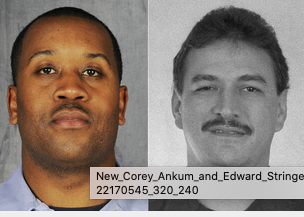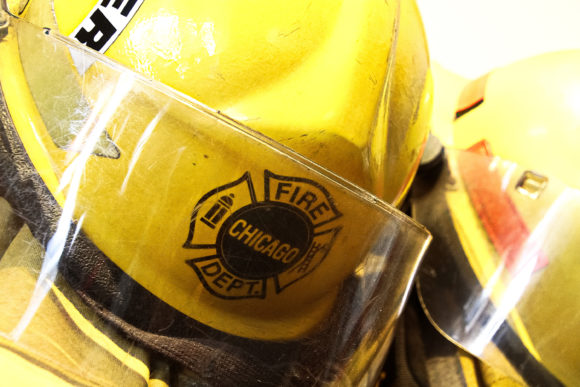An insurer may be liable for $14 million of a mortgage company’s settlement with the estates of two Chicago firefighters who were killed while battling a blaze at an abandoned laundry, a federal appellate court ruled Monday.
A district court judge had ruled that no coverage was owed under the excess liability policy issued by a Chubb unit because of an exclusion for properties held by a “mortgagee in procession.” But a panel of the 7th Circuit Court of Appeals ruled that there was a question of whether the policyholder, Apex Mortgage Corp., was actually in possession of the property at 1738-1744 E. 75th St.
“The district court determined Apex indisputably possessed the property, but we think the court jumped the gun,” the court said.
The case is Apex Mortgage Corp. v. Great Northern Insurance Co.

The City of Chicago had cited the owners of the former Sing Way Commercial Shirt Service for 14 code violations. The court said the “property was in disrepair, exposed to the elements, trashed and open to vagrants.”
The building’s owners, Chuck and Richard Dai, had defaulted on their mortgage. When Apex threatened foreclosure, the Dais offered to give the deed to Apex. The company accepted subject to an inspection to ensure the property was marketable.
Apex inspected the property, installed new locks on the building and a tarp over the roof, but decided there was no point in pursuing foreclosure, Apex’s lawyers said in court pleadings. Apex returned the deed to the Dais in April 2009 with a letter reminding them they owned the building and urging them to secure the property. The Dais say they never got the letter.
On Dec. 22, 2010, the Chicago Fire Department responded to a fire at the property. The roof collapsed about 20 minutes after that call came in, killing firefighters Corey Ankum and Edward Stringer, who had entered the building to search for homeless occupants. Two other firefighters were buried in the rubble, but survived.
The firefighters’ estates filed wrongful death actions against Apex, which the mortgage company settled for $15 million.
Apex’s primary liability insurer, Great Northern Insurance Co., paid the $1 million policy limit after Apex filed suit. Apex sought to recover the remaining $14 million from its excess policy with Federal Insurance Co., but Federal said no coverage was owed because of the exclusion.
District Court Judge Virginia M. Kendall agreed with Federal that Apex was a mortgagee in possession at the time of the fire and granted summary judgment in Federal’s favor. But the 7th Circuit said the facts in evidence provide room to argue otherwise.
The panel said Chuck Dai ordered a handyman to board up the property after the city cited him for code violations. He never made the other repairs that were ordered and eventually was sentenced to 180 days in jail for his negligence. Chuck Dai did not contest the city’s allegations that he controlled the property during those criminal proceedings.
The court also rejected Federal’s argument that Apex effectively admitted it was in possession of the property when it agreed to a settlement with the firefighters’ estates.
“Settlement does not create a judicial ruling,” the panel said. “Nor does it vindicate a plaintiff’s theory of liability. Parties can settle for any number of reasons and the obligation to pay comes from the settlement itself (an agreement), not from one party’s liability.”
The court remanded the case to the district court for further proceedings.
Was this article valuable?
Here are more articles you may enjoy.


 Iran War Threatens Supply Disruptions for Agriculture Markets
Iran War Threatens Supply Disruptions for Agriculture Markets  AI Got Beat by Traditional Models in Forecasting NYC’s Blizzard
AI Got Beat by Traditional Models in Forecasting NYC’s Blizzard  UK Floods Raise Specter of ‘Mortgage Prisoners’ Across Banks
UK Floods Raise Specter of ‘Mortgage Prisoners’ Across Banks  Walmart to Pay $100 Million to Settle FTC Case on Driver Wages
Walmart to Pay $100 Million to Settle FTC Case on Driver Wages 